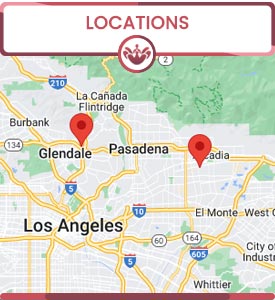How Can Endometriosis Be Treated?
Endometriosis is a chronic condition where tissue similar to the lining of the uterus grows outside the uterine cavity, causing pain and potentially leading to infertility. It affects millions of women worldwide, often resulting in symptoms like severe menstrual cramps, pelvic pain, and irregular bleeding. Dr. Prema Kothandaraman offers endometriosis Treatment at the OB-GYN & Incontinence Center. For more information, contact us today or book an appointment online. We have convenient locations to serve you in Arcadia, and Glendale, CA.
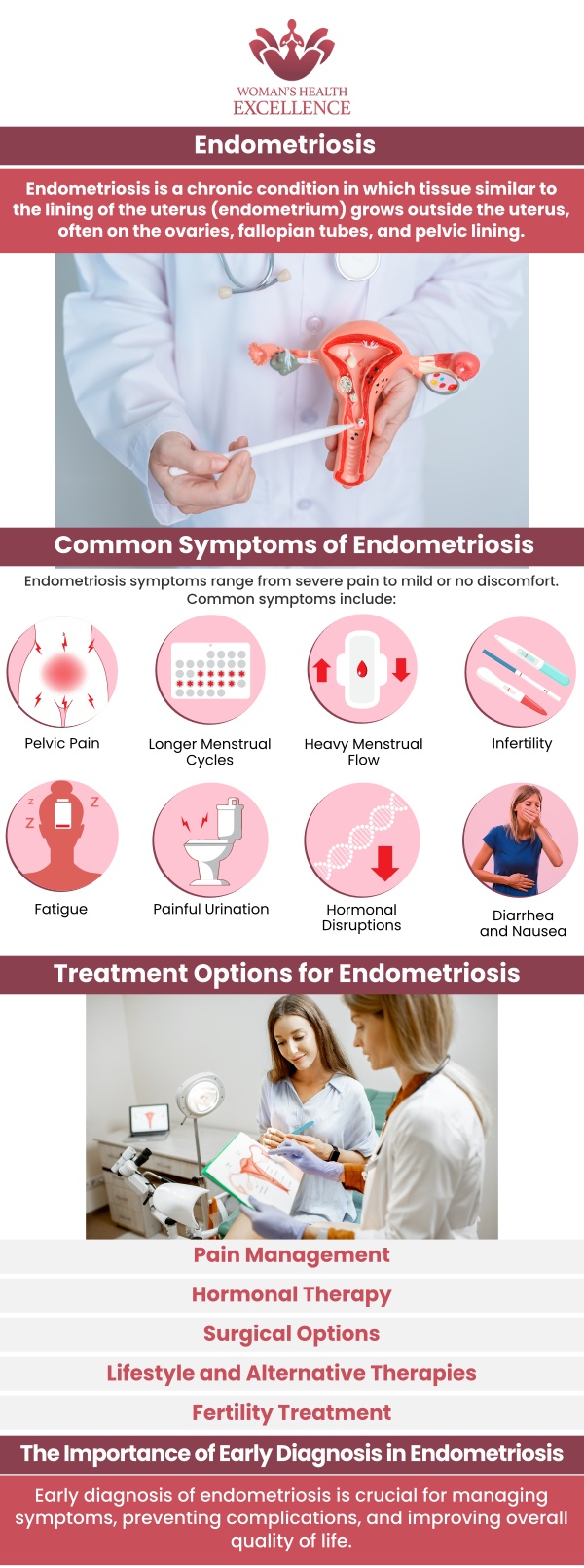
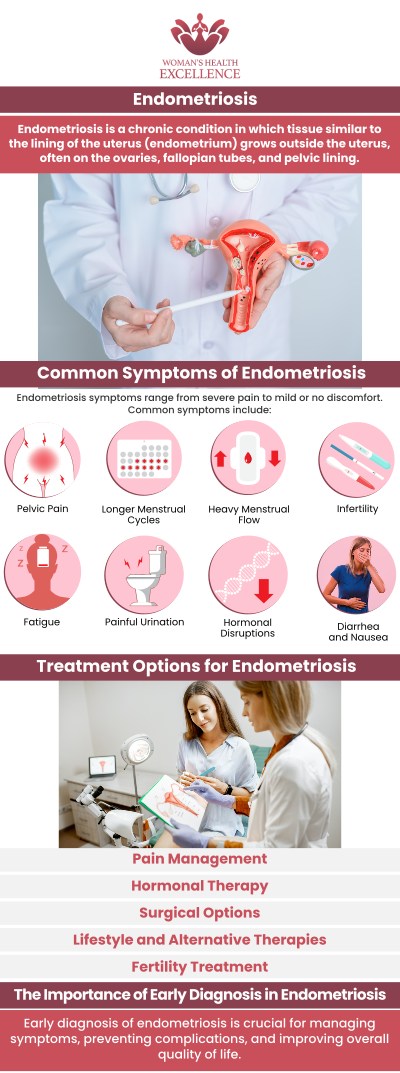
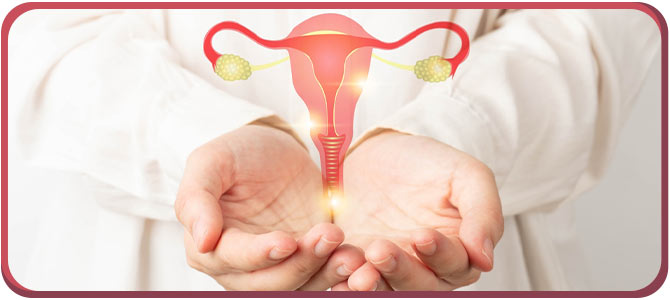
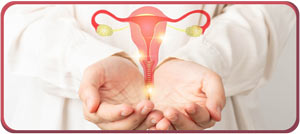
Table of Contents:
How do you fix endometriosis?
What happens if endometriosis is left untreated?
What does it feel like to live with endometriosis?
How does endometriosis affect someone?
Finding an Endometriosis Treatment Specialist in Arcadia and Glendale, CA, is crucial for those suffering from the debilitating effects of endometriosis. At The OB-GYN & Incontinence Center, patients have access to highly skilled specialists who are dedicated to providing comprehensive care tailored to the unique needs of each individual. The center offers advanced diagnostic tools and cutting-edge treatments, including minimally invasive laparoscopic surgery, hormone therapy, and pain management strategies. Their multidisciplinary approach ensures that patients receive holistic care, addressing not only the physical symptoms but also the emotional and psychological impact of endometriosis. With a focus on improving quality of life, The OB-GYN & Incontinence Center’s specialists work closely with each patient to develop a personalized treatment plan, ensuring optimal outcomes and long-term relief.
Treating endometriosis involves a multifaceted approach aimed at alleviating symptoms, managing pain, and improving overall quality of life. While there is no definitive cure for endometriosis, various treatment options can effectively control the condition. Hormone therapy is a common first line of treatment, helping to regulate or eliminate menstrual cycles and reduce hormone levels that fuel endometrial tissue growth. Nonsteroidal anti-inflammatory drugs (NSAIDs) can be used to manage pain. In more severe cases, minimally invasive laparoscopic surgery may be employed to remove or reduce endometrial implants, scar tissue, and adhesions, providing significant symptom relief.
Additionally, lifestyle modifications, such as maintaining a healthy diet, regular exercise, and stress management, can support overall well-being and reduce symptoms. For some, complementary therapies like acupuncture or physical therapy may also provide relief. Working closely with a healthcare provider to develop a tailored and comprehensive treatment plan is essential in effectively managing endometriosis.
If endometriosis is left untreated, it can lead to a progression of symptoms and potentially severe complications over time. Chronic pain is a common consequence, often worsening during menstrual periods but potentially becoming persistent and debilitating. Untreated endometriosis can also result in the formation of extensive scar tissue (adhesions) and cysts on the ovaries (endometriomas), which may cause significant pelvic pain and discomfort. Moreover, these adhesions and cysts can lead to fertility issues, making it difficult for those affected to conceive naturally.
The physical manifestations of untreated endometriosis often extend beyond the reproductive system, potentially causing gastrointestinal symptoms like bloating, diarrhea, and painful bowel movements, as well as urinary issues such as frequency and urgency. The prolonged discomfort and uncertainty about one’s health can strain mental health, leading to anxiety, depression, and reduced quality of life. Early diagnosis and intervention are, therefore, critical to managing symptoms and preventing these severe outcomes.
Living with endometriosis often feels like enduring an ongoing battle with a silent adversary that impacts almost every aspect of daily life. The hallmark of the condition is chronic pelvic pain, which can range from a dull, aching sensation to sharp, debilitating cramps, often intensifying during menstrual periods. But it’s not just limited to menstrual pain; many experience discomfort at various times of the month, affecting their ability to engage in routine activities or maintain relationships.
This persistent pain is frequently accompanied by fatigue, making simple tasks seem insurmountable and depleting one’s energy reserves. Additionally, the condition can lead to gastrointestinal distress, including bloating, nausea, and painful bowel movements, which further complicate daily living and dietary choices. Emotional well-being is also significantly affected, with many experiencing feelings of frustration, helplessness, and isolation due to the unpredictable nature of the symptoms. The constant balancing act between managing pain, seeking effective treatments, and striving to lead a “normal” life can be overwhelming, often taking a toll on mental health and overall quality of life.
Endometriosis profoundly affects individuals physically, emotionally, and socially, creating a ripple effect that extends far beyond just physical symptoms. Physically, sufferers experience chronic pelvic pain, often severe, which can disrupt daily activities and negatively impact productivity. This pain may be accompanied by heavy menstrual bleeding, gastrointestinal disturbances like bloating and painful bowel movements, and urinary issues. These symptoms together can make everyday tasks seem daunting and significantly reduce one’s quality of life.
Emotionally, living with endometriosis can lead to feelings of isolation, anxiety, and depression, as the chronic nature of the condition and the search for effective treatments can be exhausting and disheartening. Socially, the unpredictability of symptoms can strain personal relationships and limit participation in social, professional, or recreational activities. For those experiencing fertility challenges due to endometriosis, the emotional toll can be even greater, influencing plans for family life and adding stress.
At The OB-GYN & Incontinence Center, we understand the multifaceted impact of endometriosis and are here to help. Our team of specialists is dedicated to providing compassionate and comprehensive care. If you are struggling with endometriosis, don’t hesitate to contact us or book an appointment online to start your journey toward effective management and relief. We have convenient locations to serve you in Arcadia, and Glendale, CA. We serve patients from Arcadia CA, Glendale CA, Monrovia CA, Pasadena CA, Los Angeles CA, Burbank CA, and surrounding areas.


Additional Services You May Need
▸ Urogynecology
▸ Minimally Invasive Gynecology
▸ Monalisa & Medical Aesthetics
▸ Bioidentical Hormone Replacement Therapy
▸ Urinary Incontinence
▸ Pelvic Organ Prolapse
▸ Painful Bladder
▸ Urinary Tract Infection
▸ Genitourinary Syndrome of Menopause
▸ Female Sexual Dysfunction
▸ Urinary Retention
▸ Vaginal Laxity & Prolapse
▸ Postpartum Pelvic Floor Problems
▸ PCOD
▸ Bladder Prolapse Repair
▸ Urgent PC
▸ Fibroids
▸ Excessive Bleeding
▸ Pelvic Pain
▸ Birth Control & IUD
▸ Vaginal & Pelvic Infection
▸ Monalisa Touch
▸ STD
▸ TempsureVitalia
▸ Biote Pellet Therapy
▸ Topical BHRT
▸ Flexsure
▸ Rectal Prolapse Repair
▸ Tempsure ENVI
▸ Minimally Invasive Pelvic Surgery for Incontinence


